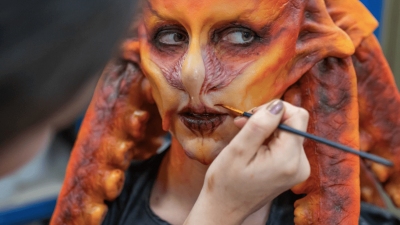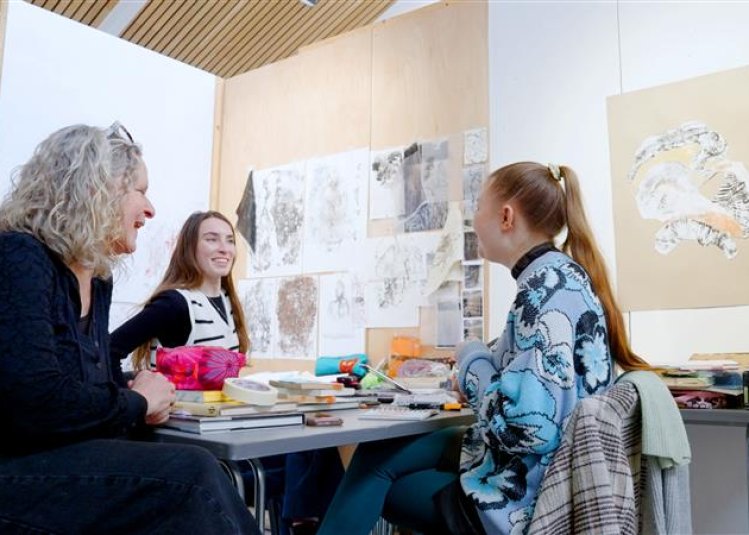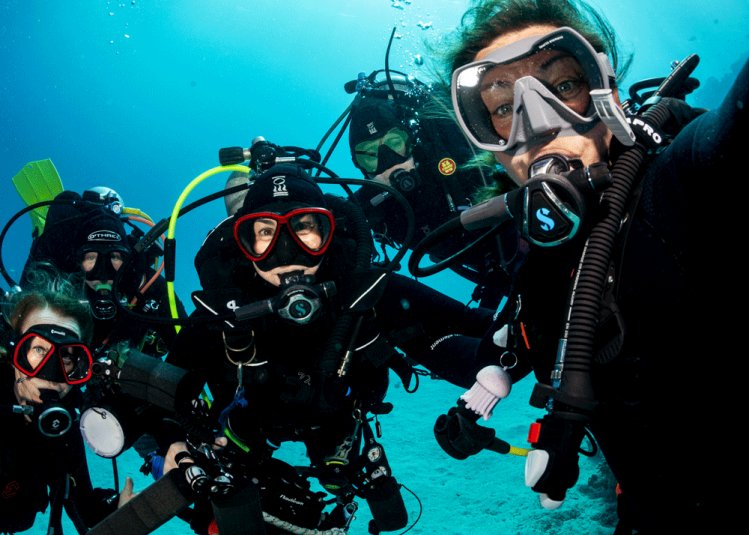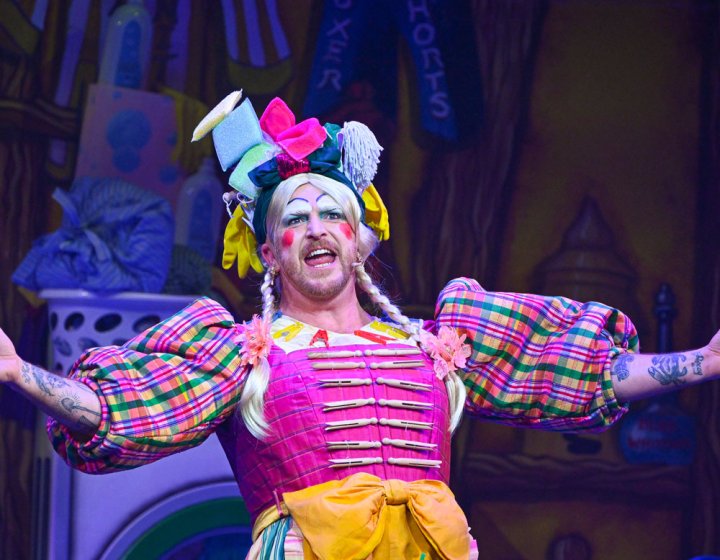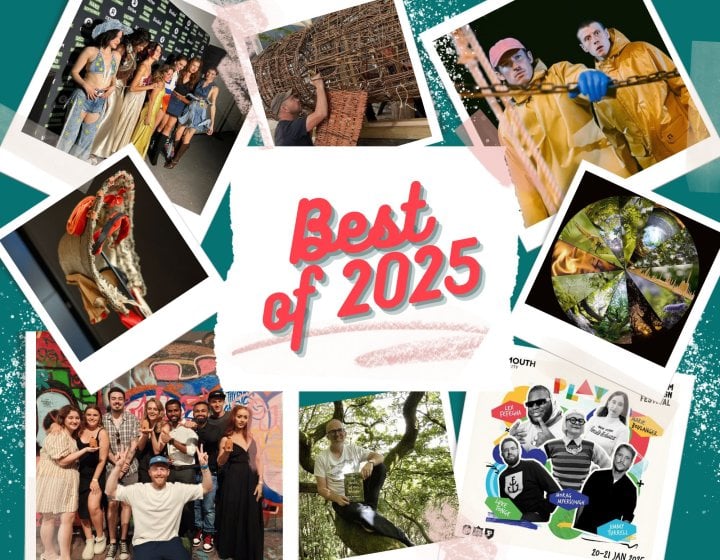Mastering specialist skills with MA Prosthetic Effects
19 May 2023
Image credit: Isa Shaw-Abulafia
Image credit: Isa Shaw-Abulafia
Image credit: Isa Shaw-Abulafia
After an eclectic career in set, prop and costume design, Isa Shaw-Abulafia decided to pivot into a more specialist area with the Prosthetic Effects MA at Falmouth University. We spoke to her about her journey.
What was your background before you enrolled on the Prosthetic Effects MA?
Before enrolling on the Prosthetic Effects MA, I had been working as a freelance set, costume and prop designer and fabricator for around eight years. I mostly worked in theatre - including opera and musicals - as well as other live events such as conventions, and indie film productions. I’ve also produced and facilitated opera education projects for children.
I have a BA in Design for Performance, but my creative pathway into this field was also partially through the cosplay and convention scene. So over time, I also picked up some pro cosplay work, collaborating with companies like Bethesda, and hosted and judged cosplay contests. During the pandemic, when theatre and convention work dried up, I pivoted into online content, trying my hand at creating video tutorials, streaming and podcasting. My freelance career was very eclectic!
I knew that if I wanted to get a foothold, I needed a main area of focus.
What led you to want to study prosthetic effects?
In 2019, I was feeling like I wanted to move out of theatre and work more in film but I was a little stuck as to what jobs to pursue. In theatre, you can be a generalist but film is more departmentalised. I knew that if I wanted to get a foothold, I needed a main area of focus.
I realised the aspects of my job I enjoyed the most fit into prosthetic effects in some way: My love of genre fiction and creatures, character focused design and worldbuilding, the social aspect of working with others to develop a piece, and the practical processes involved – sculpting, fabrication, moulding and casting, painting and so on.
After realising that prosthetic effects was what I might want to pursue, I felt that although I had some related experience, I’d need more specialised education in the area. So, I decided to research courses in creature design and prosthetic effects.
I was struck by the fact that the course was run by people with such active connections to the industry and so much experience.
What attracted you to the course at Falmouth particularly?
The first thing that piqued my interest about the MA at Falmouth was its hybrid traditional and digital approach. Digital techniques like 3D modelling and printing are becoming so important in the film industry, and it was something I’d wanted to learn for a while but hadn’t had the means to access.
I was also struck by the fact that the course was run by people with such active connections to the industry and so much experience, and that preparing students with both the practical skills and industry knowledge necessary to work in this field was a focus of the course.
Being able to use the facilities at Falmouth campus for outside projects has been very useful as well! The campus has fantastic workshop and technical facilities. We’re incredibly lucky to have a workshop with woodwork, metalworking and 3D printing facilities just across from our studio.
Additionally, I love that alongside the practical components, there’s an academic, media criticism component to the course in the form of the contextual studies and industrial context modules. As artists I think it’s so important to understand the deeper meaning, impact, and messages of the work we create or have a part in creating.
Feedback from tutors within the first few weeks of the course alone has had a lasting impact on the way I’m approaching my work.
How are you enjoying the course so far – and living in Cornwall?
I’m enjoying the course and my time in Cornwall a lot! Having a year out of London to live somewhere less hectic and more scenic was a very welcome benefit to doing this MA.
On a more practical level, I’ve loved being able to challenge myself with the projects I’ve done so far. Honing my skills in sculpting, painting and character design. As well as diving into new skills like 3D modelling, which is rapidly becoming part of my go-to toolkit.
The feedback we get from our tutors benefits our growth as creatives and practitioners. I can recall having multiple “aha moments” based on feedback from tutors within the first few weeks of the course alone, which have had a lasting impact on the way I’m approaching my work.
The course has given me access to learning new processes, such as 3D modelling and printing, which will stand me in good stead in the industry.
What do you hope to achieve from the course?
My main goal in doing this MA is to pivot my career from a generalised theatre design career and into a more specialised career in film, TV (and perhaps online content production), by honing the creative and practical skills I’ve accrued over the years into a more specific area of focus. The course has already helped me develop a lot in areas like sculpting, moulding and casting and I’m sure it will continue to do so.
The course has also given me access to learning new processes, such as 3D modelling and printing. Becoming versed in those processes will stand me in good stead in the industry, where their use is becoming more and more common alongside traditional techniques.
